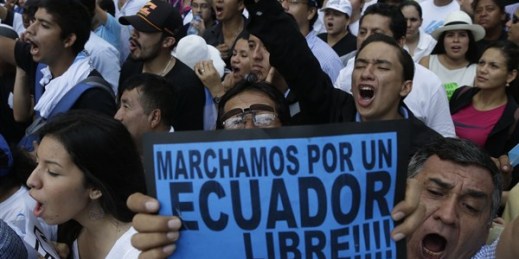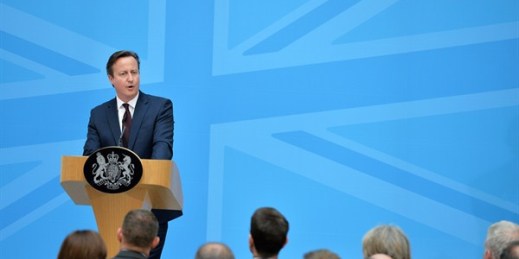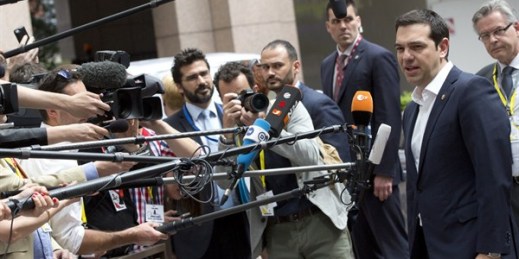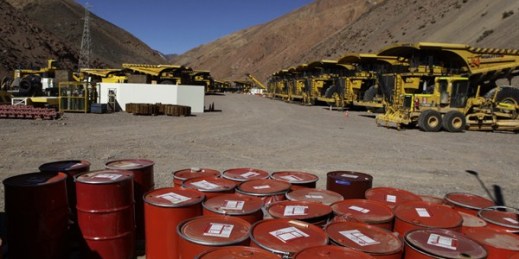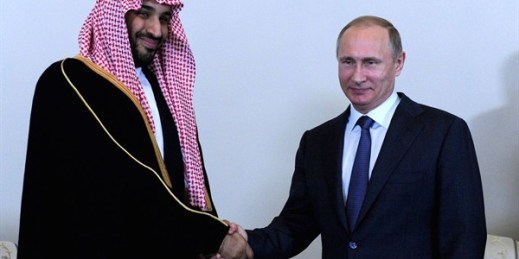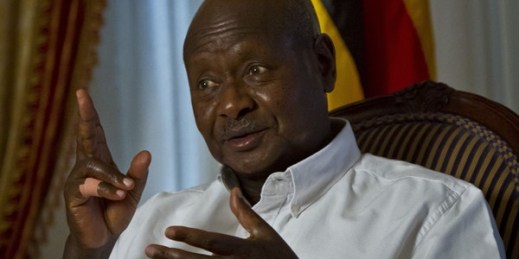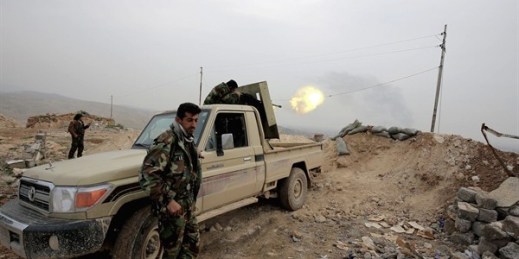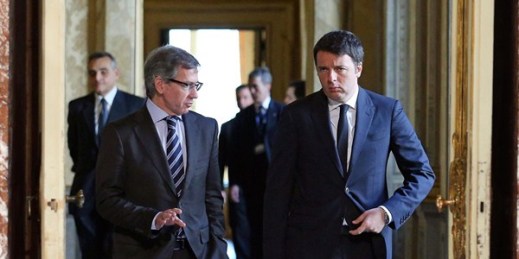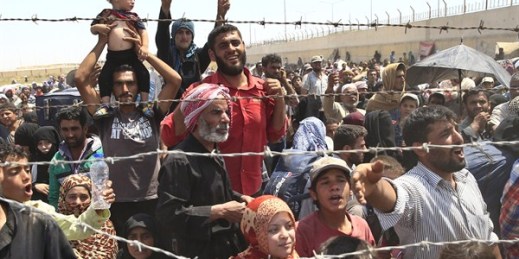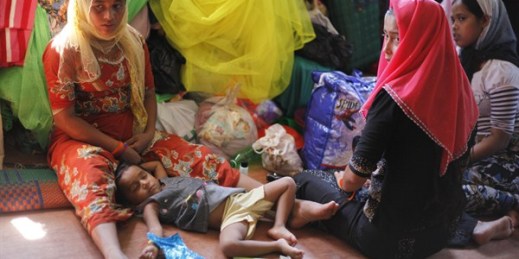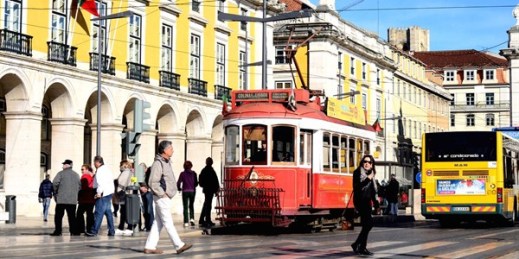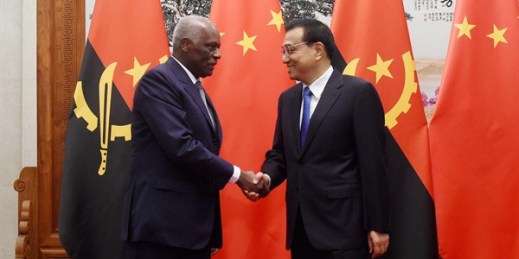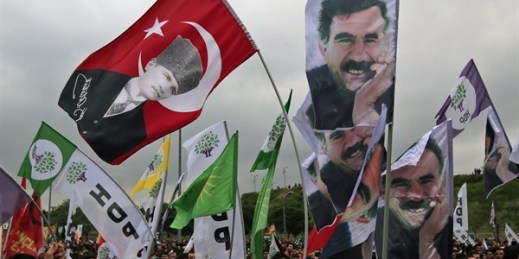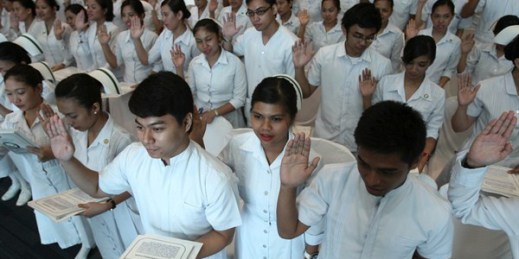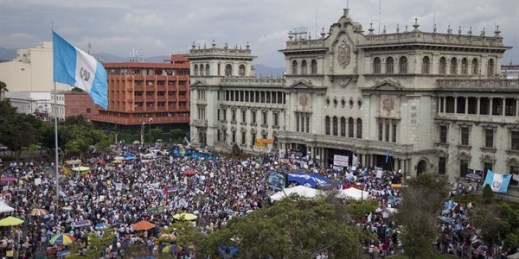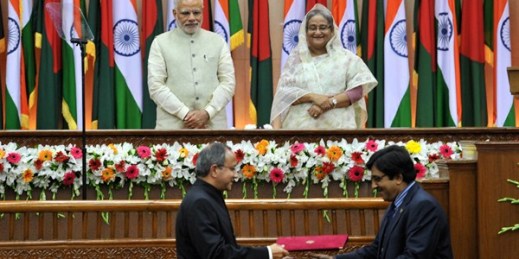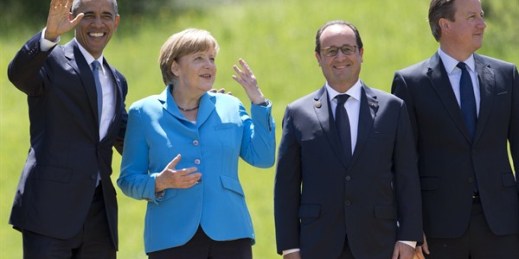
This month represented another stepping stone in the long diplomatic march toward a prospective international climate change agreement in Paris in December. In the Bavarian Alps on June 7-8, the G-7 countries agreed on a communiqué reiterating their support for the goal of limiting climate change to below 2 degrees Celsius—compared to pre-industrial baseline levels—and pledging complete decarbonization of the global economy by 2100. The G-7 countries also restated their commitment to a promise that they have been making repeatedly since the Copenhagen climate accord talks in December 2009. Developed nations pledged billions of dollars a year in financial assistance […]

